Navigating Summer Heat with Retinol Cream
The summer months bring with them a unique set of skincare challenges, especially for those who incorporate retinol creams into their daily routines. Retinol, a derivative of Vitamin A, is renowned for its anti-aging and skin-rejuvenating properties. However, its use during the hot and often humid summer months requires special consideration to maintain skin health and effectiveness. This comprehensive guide is designed to help you seamlessly integrate retinol cream into your summer skincare routine, ensuring glowing, healthy skin all season long.
Understanding Retinol and Its Benefits

Before diving into the specifics of using retinol in summer, it's crucial to understand what retinol is and why it's a beloved ingredient in skincare. Retinol is a potent form of Vitamin A that helps accelerate skin renewal, reduce the appearance of fine lines, wrinkles, and pigmentation, and improve skin texture and tone. Its ability to promote collagen production makes it a go-to ingredient for anti-aging treatments.
Why Retinol Can Be Tricky in Summer
While retinol is beneficial year-round, its use in summer is often met with caution. The primary reason is that retinol can make your skin more sensitive to the sun. Increased sun exposure during summer, coupled with retinol use, can lead to heightened risks of sunburn and skin damage if not managed correctly. This doesn't mean you should avoid retinol in summer; rather, it requires a more strategic approach to its application and additional skin protection measures.
Adjusting Your Retinol Routine for Summer
Lowering Concentrations and Frequency
One of the key strategies for using retinol in summer is to adjust the concentration and frequency of application. If you're using a high-strength retinol cream, consider switching to a lower concentration during the hotter months. Additionally, you may want to apply retinol less frequently, such as every other night instead of every night, to reduce the potential for irritation and sensitivity.
Incorporating Sun Protection
Sun protection is vital when using retinol, especially in summer. Ensure you apply a broad-spectrum SPF of at least 30 every day, even if you're indoors most of the time. UV rays can penetrate windows, meaning your skin is still at risk. Reapply sunscreen every two hours if you're outdoors for prolonged periods.
Balancing Hydration with Retinol Use
Retinol can be drying, which is why balancing it with adequate hydration is essential, particularly in summer when the heat can also dehydrate your skin. Look for moisturizers that contain hyaluronic acid, ceramides, or glycerin, which help retain moisture and strengthen the skin barrier.
Nighttime is the Right Time

Consider using retinol exclusively at night during summer. Nighttime application reduces the risk of sun-induced irritation and allows the retinol to work effectively while the skin naturally repairs itself.
Listening to Your Skin
Pay close attention to how your skin reacts. If you notice increased redness, peeling, or sensitivity, it may be wise to take a break from retinol and focus on soothing and hydrating the skin.
FAQs
Can I use retinol every day in summer?
It's advisable to start slowly, perhaps applying retinol every other night or even less frequently, and then gradually increasing as your skin adapts.
What SPF should I use with retinol in summer?
A broad-spectrum SPF of 30 or higher is recommended. Look for sunscreens that offer UVA and UVB protection.
Can retinol cause more harm than good in summer?
When used correctly and with adequate sun protection, retinol can be highly beneficial even in summer. The key is to listen to your skin and adjust your routine as needed.
How can I tell if my skin is reacting badly to retinol in summer?
Signs of a negative reaction include excessive redness, peeling, burning, or increased sensitivity. If you experience these symptoms, it's best to pause retinol use and consult a dermatologist.
Can I use retinol with other skincare products in summer?
Yes, but it's important to avoid combining retinol with other potentially irritating ingredients like Vitamin C or exfoliating acids during the same application. Always layer your skincare products correctly and give each product time to absorb.
In conclusion
while retinol is a powerful and beneficial skincare ingredient, its use during the summer requires special attention. By adjusting your application frequency, lowering concentrations, ensuring robust sun protection, and listening to your skin, you can effectively and safely enjoy the benefits of retinol cream even in the heat of summer. Remember, every skin type is unique, so it's always best to tailor your skincare routine to your specific needs and consult a dermatologist if you have concerns.


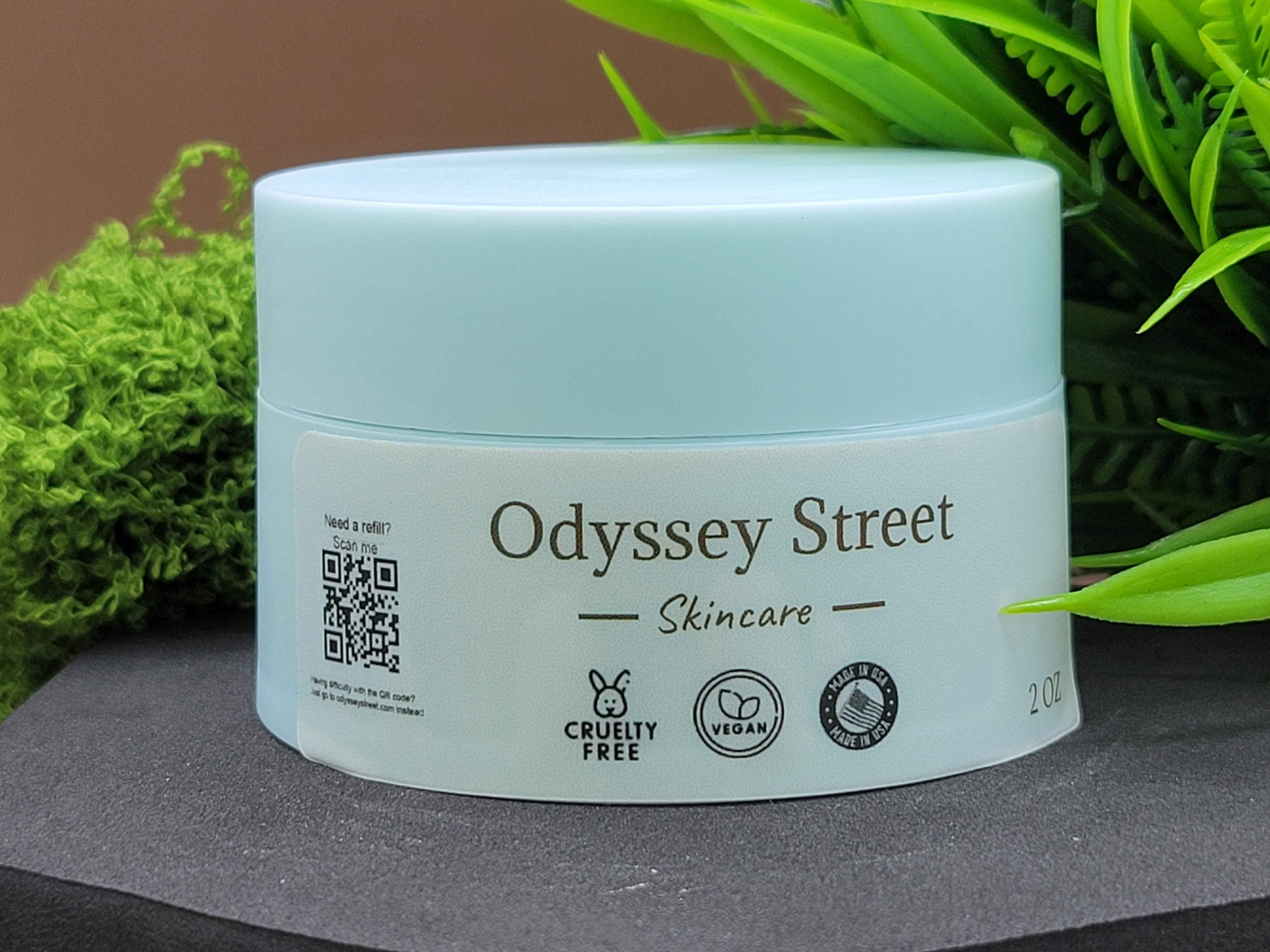
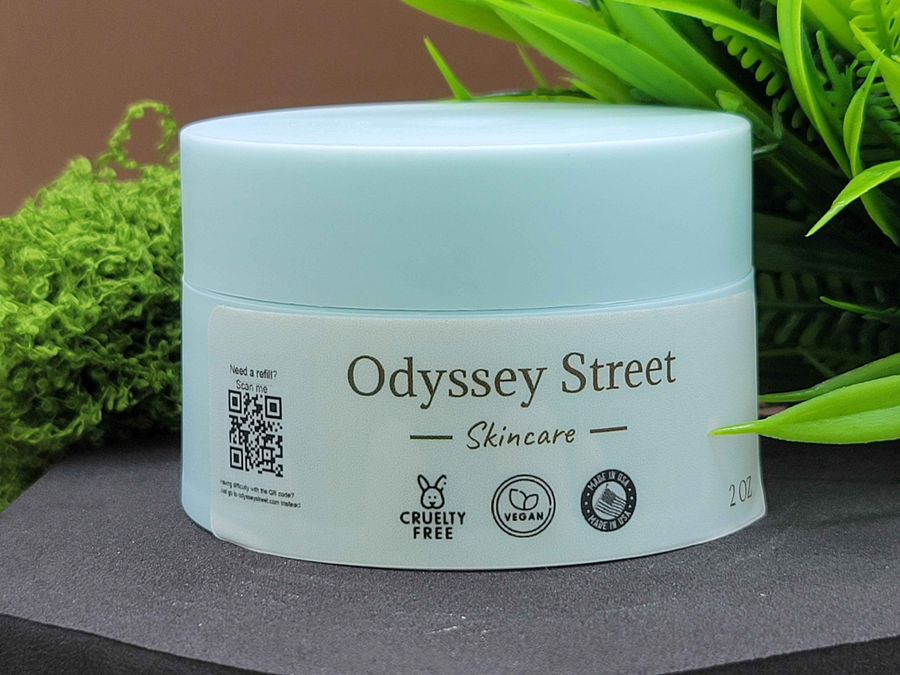
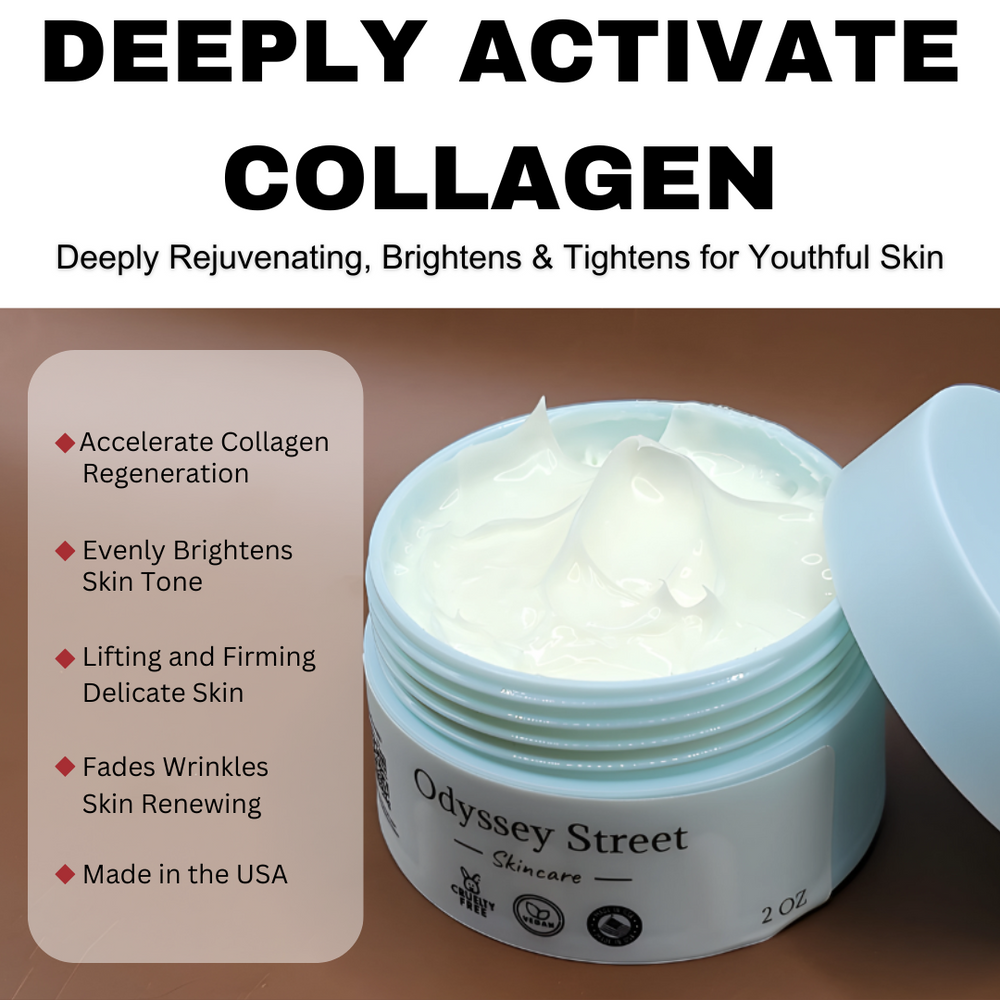




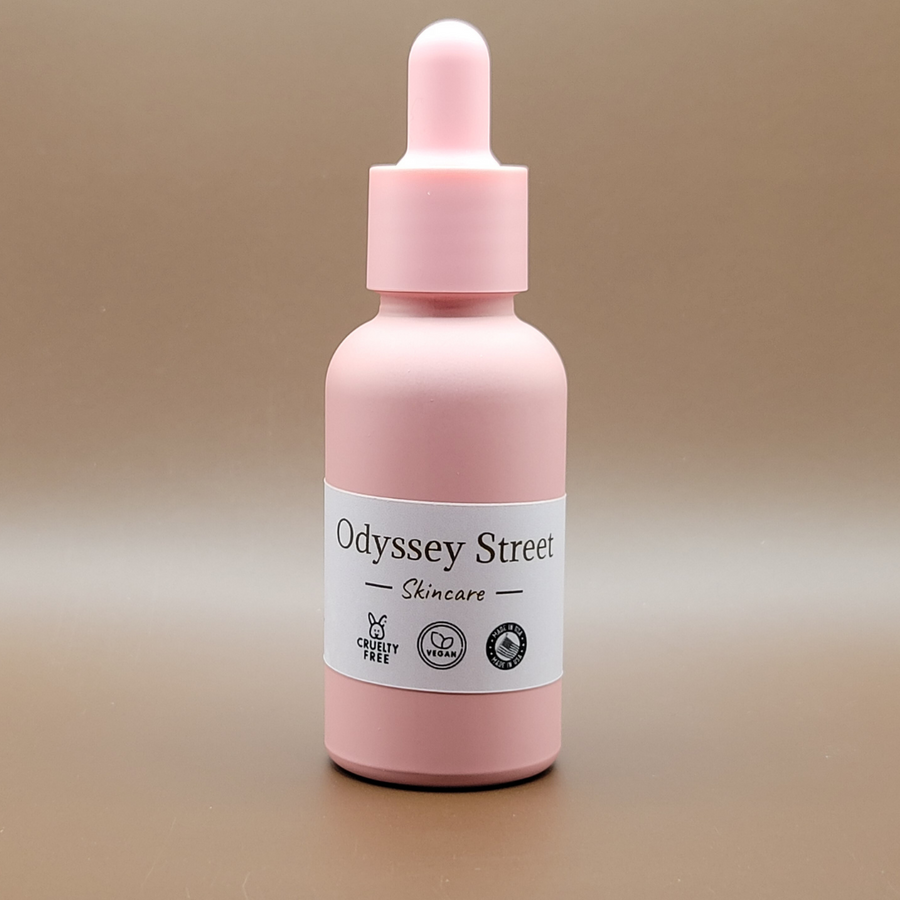
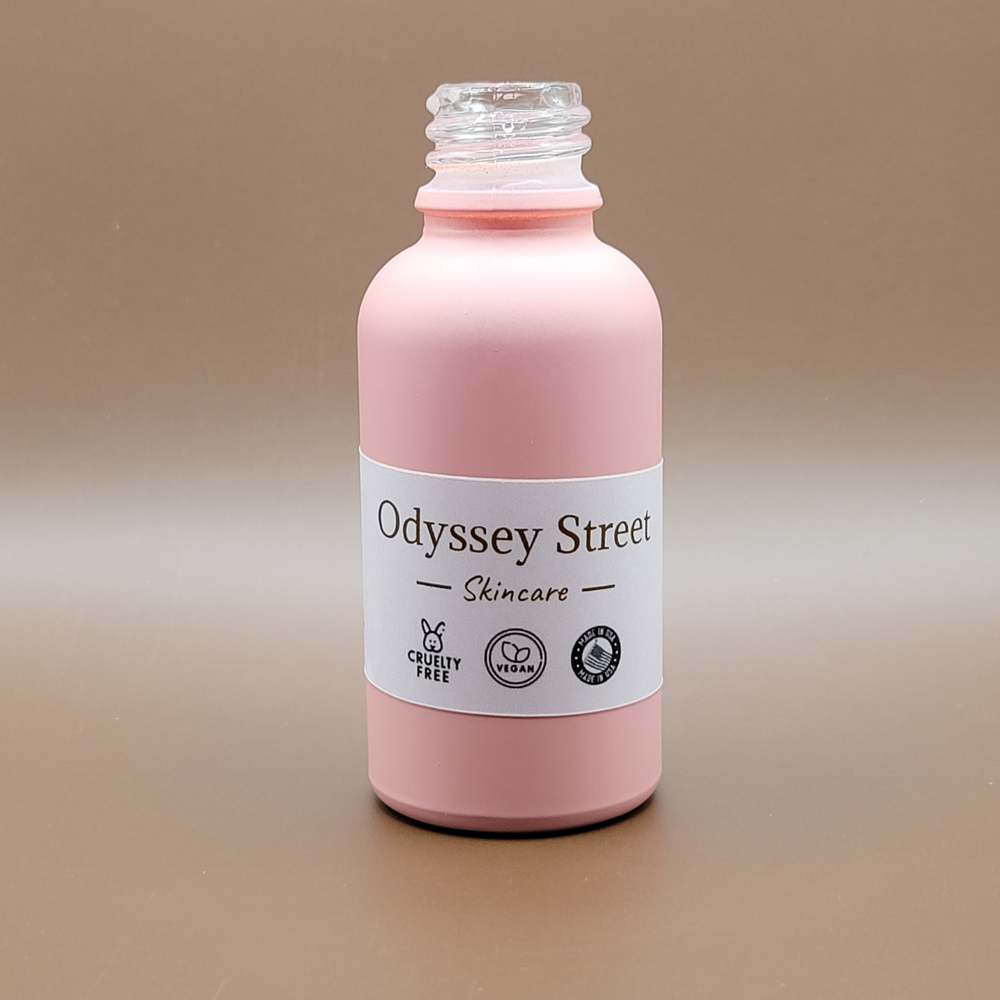
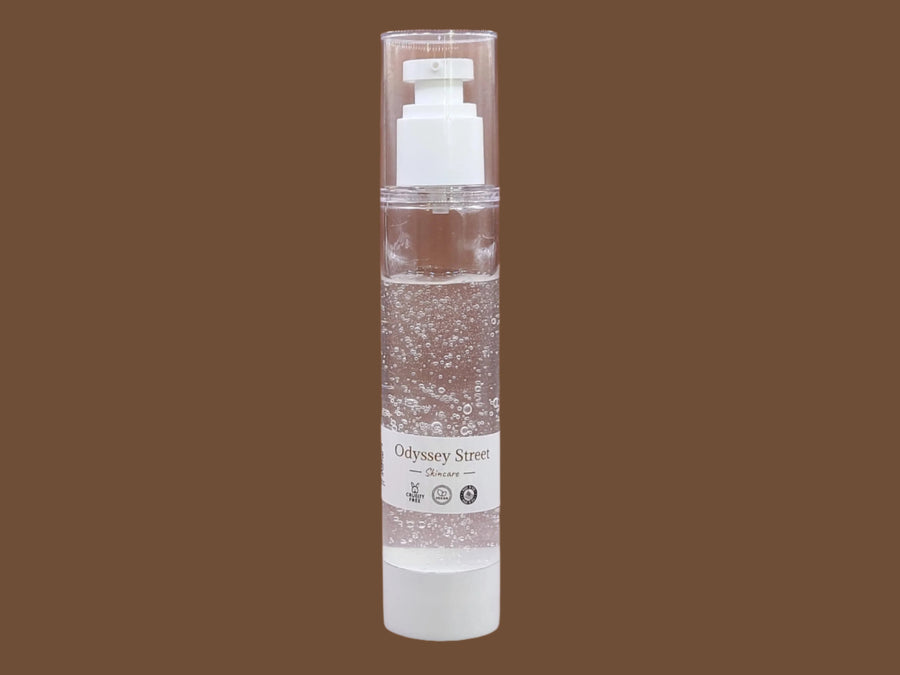
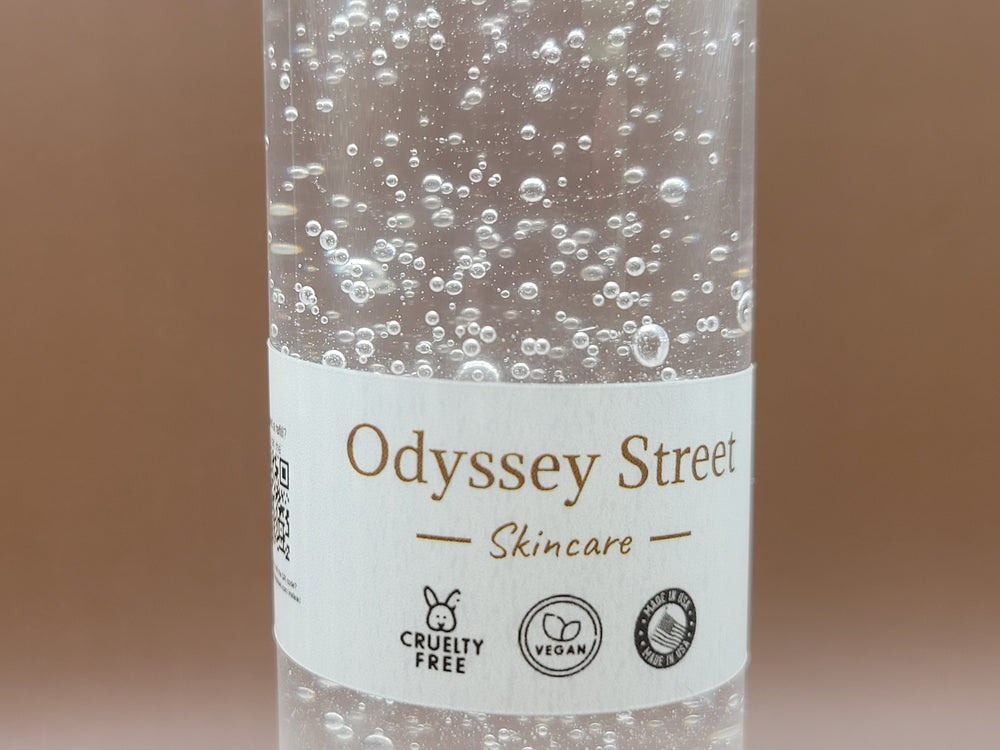
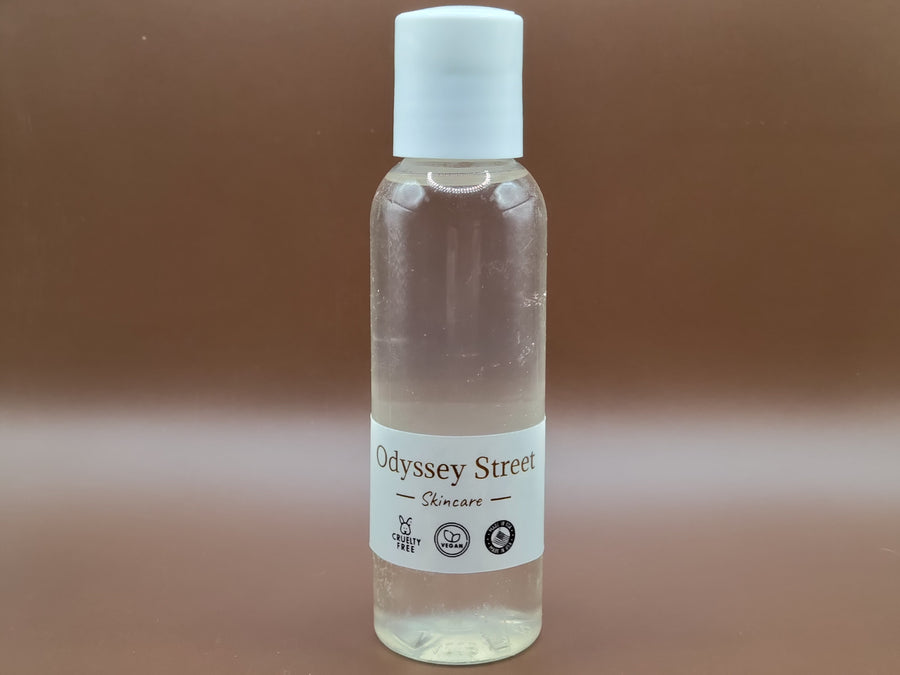
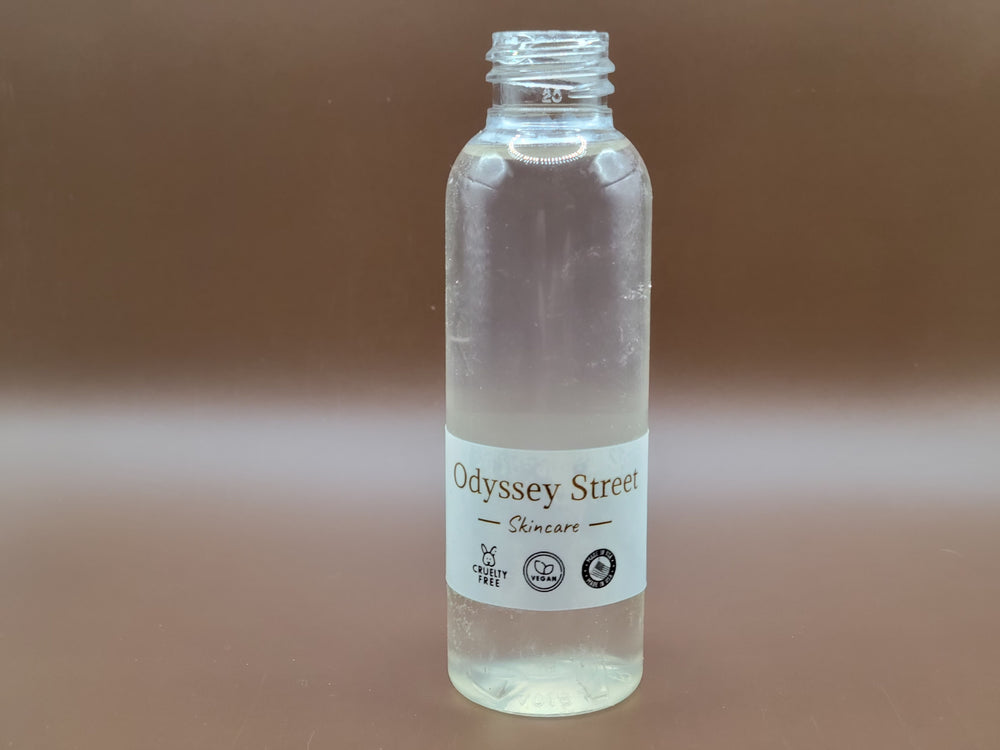
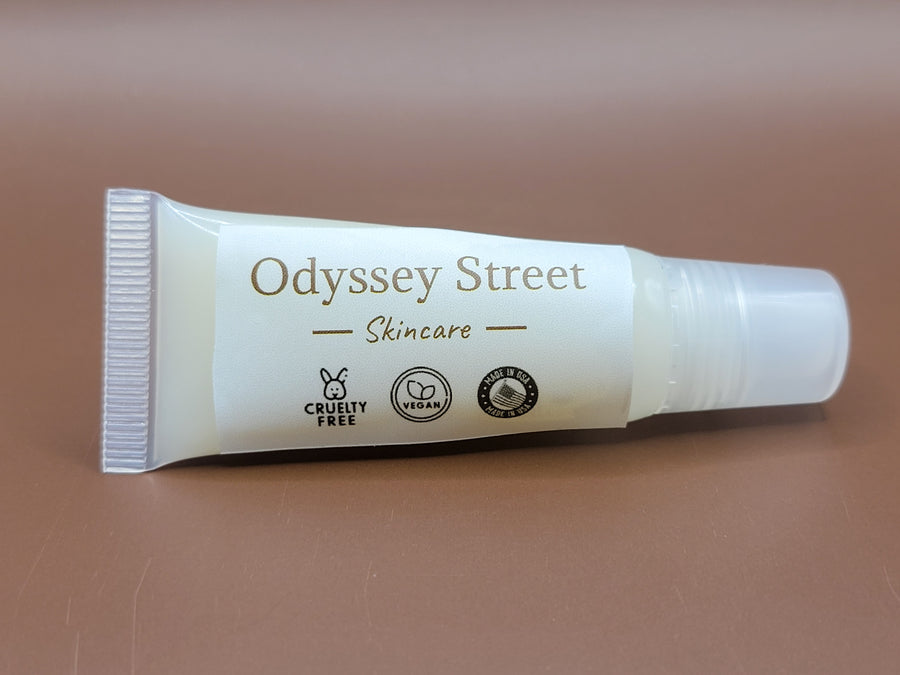
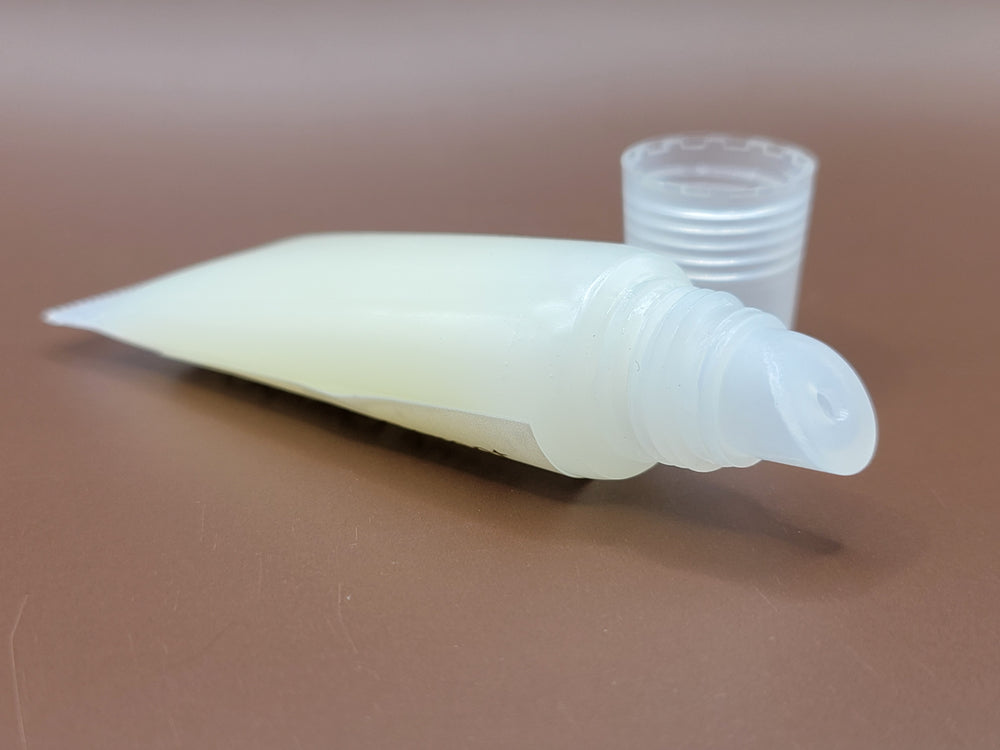
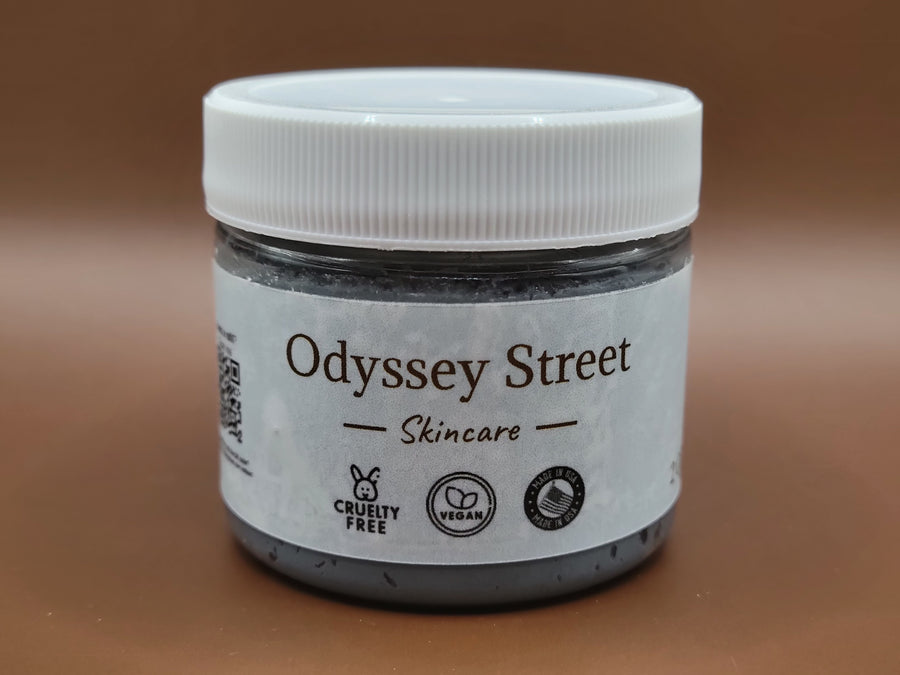
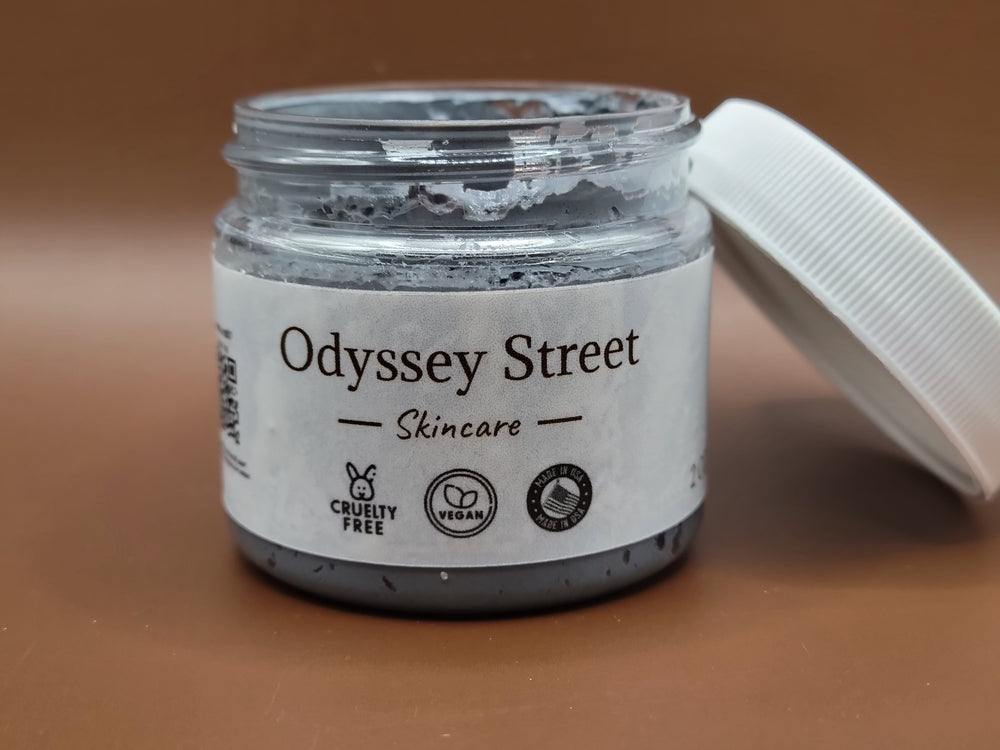
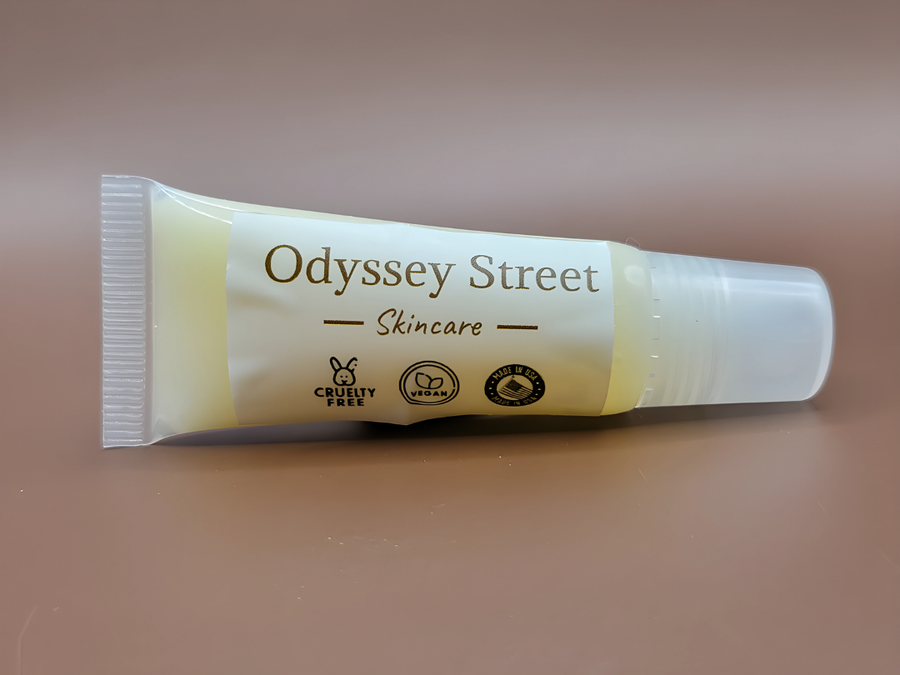
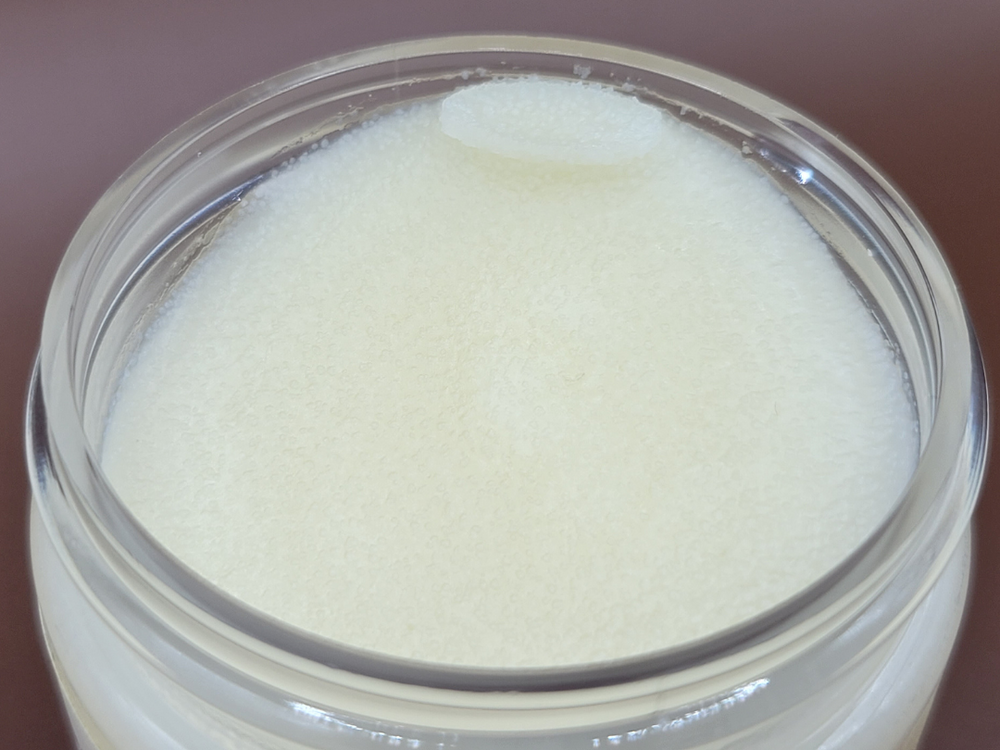
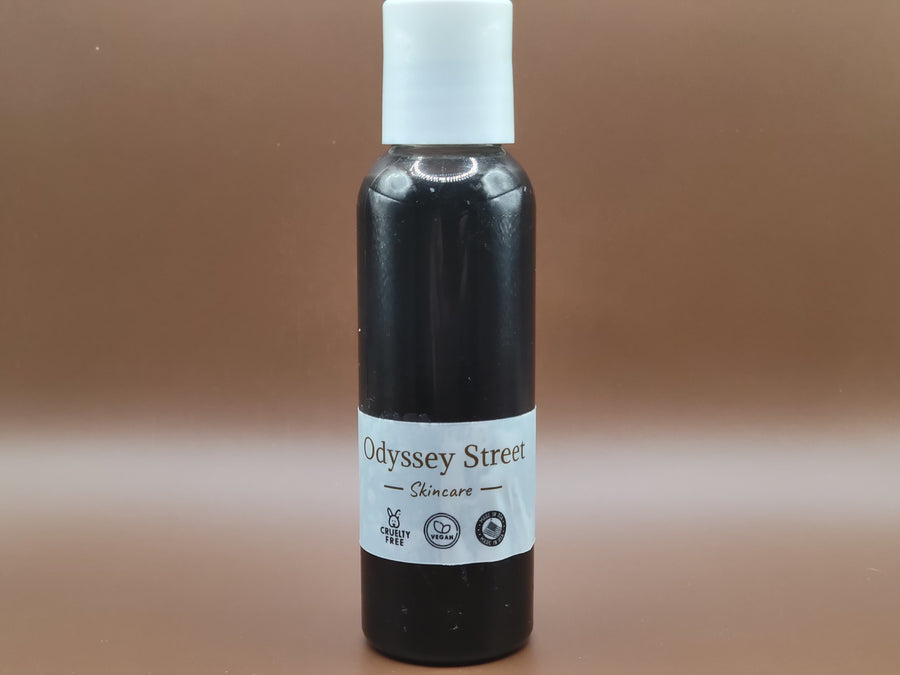
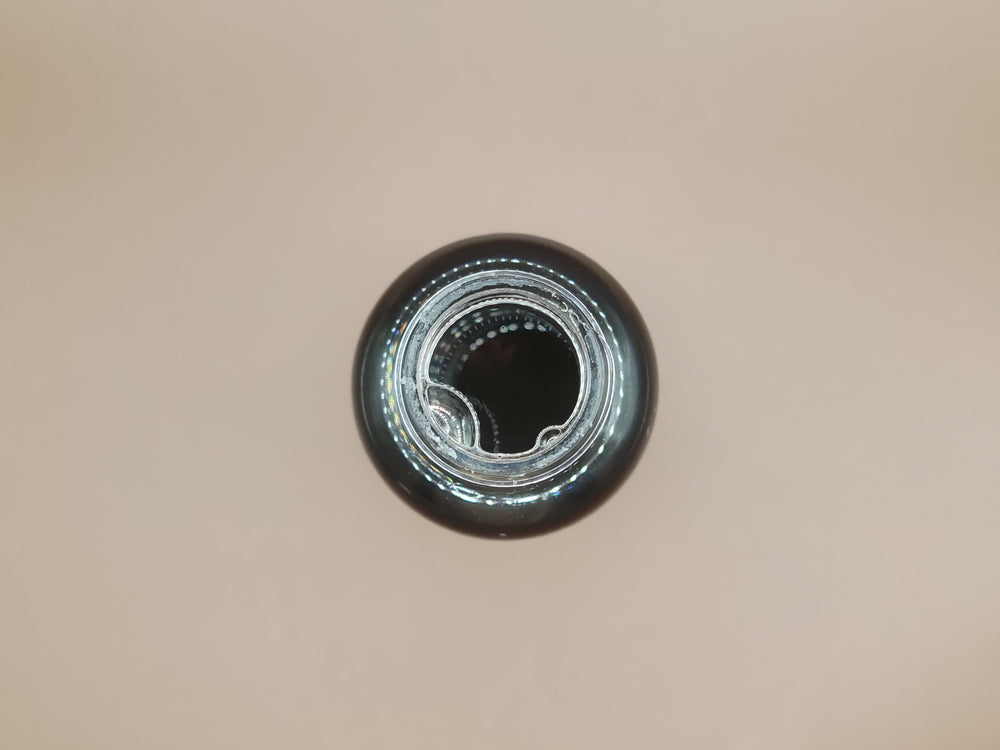
Leave a comment